Dhaka, April 5, (V7N) – Bangladesh will import more of its necessary goods from the USA and reduce its trade surplus with the country as needed for negotiating the recently announced 37% US reciprocal tariff, to be effective from 9 April, Commerce Adviser Sheikh Bashir Uddin said today (5 April).
"The government is eyeing renegotiations of the tariffs [which US President Donald Trump imposed on Bangladesh exports to the US] within one or two days through intense discussions that started in February," he told reporters at the State Guest House Jamuna this evening (4 April) following Chief Adviser Muhammad Yunus's emergency meeting to discuss the US tariff issue.
The adviser said, "In alignment with the government's reform agenda, the import barriers are being removed as both countries want to boost bilateral trade.
"Since export cannot be cut, Bangladesh is eyeing more imports from the USA to pave the way for negotiating the high tariff on its exports to the US market," he added.
Under World Trade Organisation regulations, Bangladesh cannot reduce duty for a specific country, said Sheikh Bashir Uddin, adding, "In that case, the government can decide its imports, including that of fuel."
"It cannot impose its preference on the private sector," he added.
Sheikh Bashir Uddin urged Bangladeshi businesses to import necessary goods from the USA, considering their export potential.
Bangladesh Investment Development Authority (Bida) Executive Chairman Chowdhury Ashik Mahmud Bin Harun held a meeting with business leaders earlier today, then joined the CA's meeting.
At the briefing, he said, "We have two days in hand for conversations in this regard."
Chief Adviser's High Representative Khalilur Rahman said, "There's no need for concern. It will take one or two more days, and we will find a solution through intense dialogue."
He also said Bangladesh has been one of the first to approach relevant authorities of the US, including the USTR, to find ways to enhance bilateral trade.
"When I had been in Washington in February, they told me 'you're the first to approach us'," Rahman said, stating the interim government's preemptive engagement soon after the Trump administration took office and already took some initiatives to ease business with the world's number one economy and Bangladesh's single largest market.
Steps to narrow trade gaps
The commerce adviser announced that Bangladesh would take steps to narrow the trade gap with the US by increasing imports and removing non-tariff barriers.
Bangladesh currently imports cotton, fuel, soybeans, metal scrap, industrial machinery, and parts, with potential to increase these volumes to enhance trade with the US and reduce the gap.
Bangladesh is among the countries enjoying a substantial trade surplus with the US, which prompted Donald Trump to impose sweeping tariffs, described as "reciprocal," causing widespread concern globally.
The 37% tariff imposed on Bangladesh is lower than that on major Asian competitors like Vietnam and Cambodia but higher than those on India and Pakistan.
The commerce adviser expressed confidence that Bangladesh's RMG industry is robust enough to withstand such tariff barriers while competing with other Asian exporters.
"We, especially our chief adviser, will soon contact the appropriate US authorities," he said.
He highlighted the Chief Adviser's High Representative's proactive engagement with US authorities even before the tariffs were imposed. Moreover, anticipating such measures, Bangladeshi authorities had already taken steps to ease cotton imports from the US and amended import policies to relax fumigation requirements.
"We hope to gain a competitive edge over others in this situation," the commerce adviser added.
END/MSS/AJ



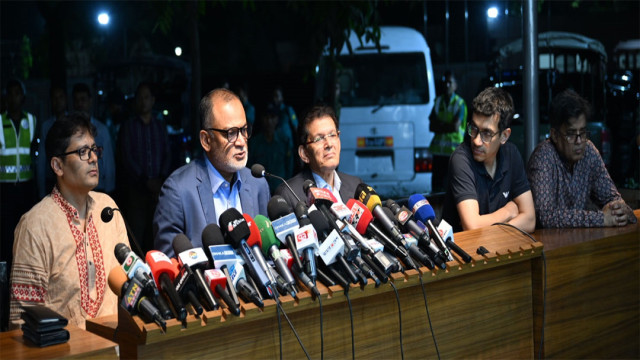


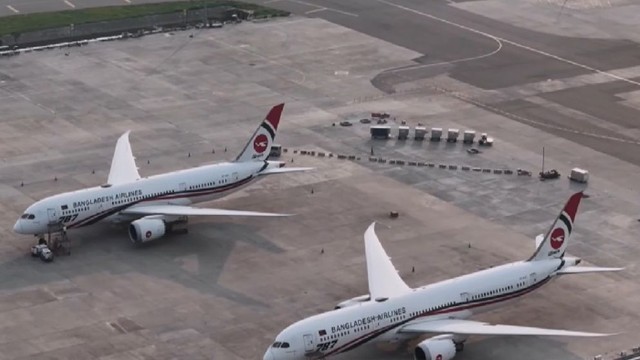
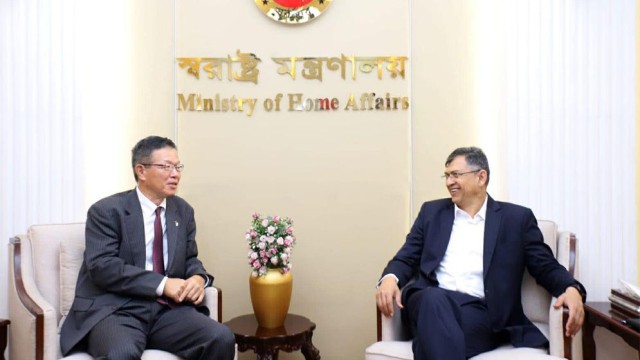
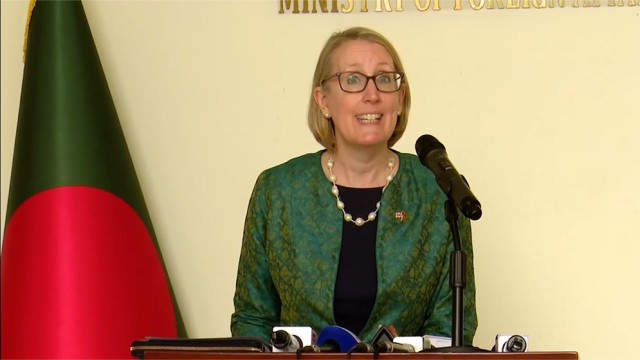
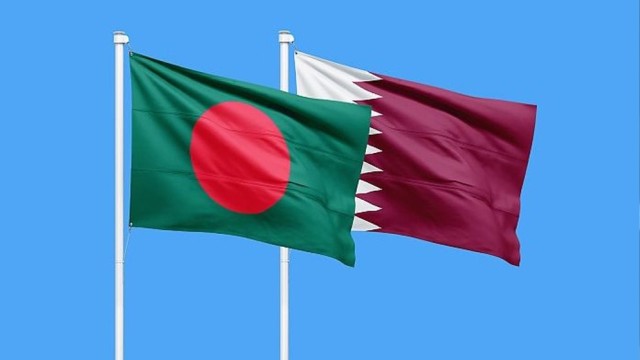





















Comment: